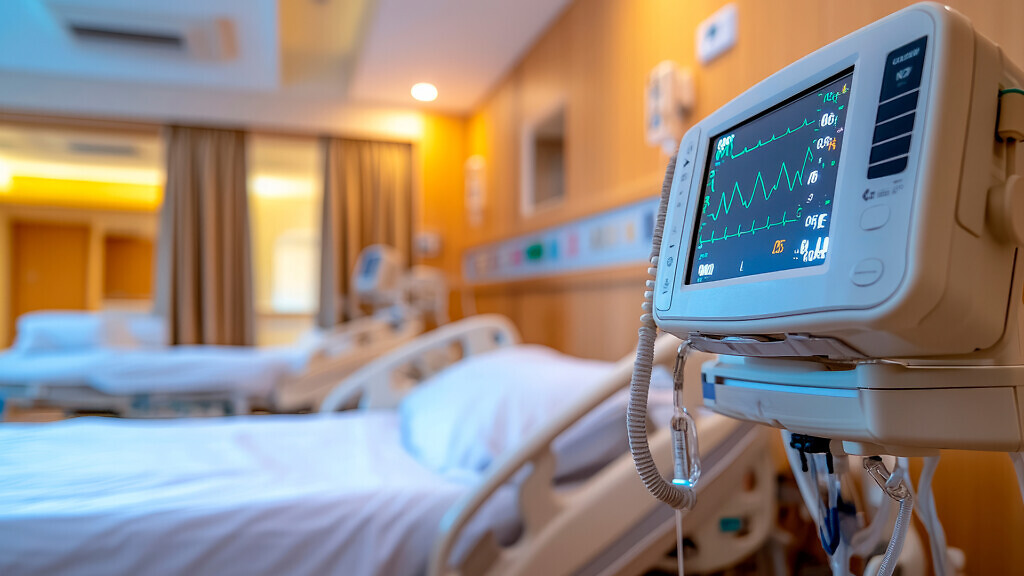The Association of Personal Injury Lawyers calls for individual NHS bosses to be subject to national regulations and held accountable for patient safety breaches.
Preventing needless deaths and injuries to patients must be a key pillar of NHS England’s new ten-year health plan, according to not-for-profit group the Association of Personal Injury Lawyers (APIL).
“The backbone of the plan must be cutting the number of safety incidents which lead to unnecessary harm and deaths,” said Guy Forster, the group’s joint vice president.
Wholesale application of the NHS legal requirement of a duty of candour would be a positive step towards tackling the patient safety crisis, he continued.
Compliance with the duty has been what he calls “sporadic” which means that vital lessons are not learned when failures in care happen and the same patterns of harm are repeated again and again.
“We’ve seen cases where hospital trusts have recorded that a duty of candour discussion has taken place but even the patients still don’t know what happened to them,” he said.

Accountable for patient safety breaches
APIL analysis of NHS England data shows a 30% rise in the number of patients dying or severely harmed due to sub-standard NHS treatment in the past decade. In 2022/23 alone, this equated to 39 patients dying or suffering serious, permanent harm every day.
APIL has also told the Department of Health and Social Care, which is carrying out a consultation on the ten-year health plan, that individual NHS bosses must be subject to national regulations and held accountable for patient safety breaches.
“When managers fail persistently, they should be replaced. For the good of the patients the NHS’s leaders and managers ought to abide by agreed professional standards, and have their conduct and responsibilities properly governed,” Forster said.
APIL is calling for a coordinated strategy to improve patient safety in the NHS.
“The current approach to patient safety is extremely fragmented, with a multitude of programmes, frameworks, reporting schemes and organisations,” the APIL said in its report to the Department of Health and Social Care. “We maintain that for there to be improvements in patient safety, strong and coherent leadership around patient safety is needed, with an overarching link between patients, regulators, healthcare providers and policymakers,” it concluded.



